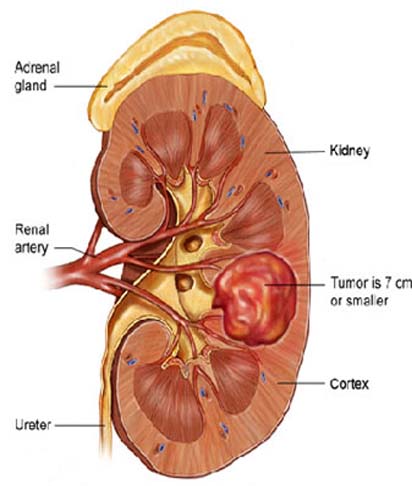
Uro-Oncology
A urologic oncologist is a physician with special training in diagnosing and treating cancers of the male and female urinary tract and the male reproductive organs. These organs include the bladder, kidneys, prostate, penis and testicles.
Urologic oncologists are trained to treat urinary tract malignancies using a variety of tools and technologies designed to treat the disease while sparing healthy tissue. A urologic oncologist will work closely with your care team to tailor treatments to your specific cancer, help reduce side effects and address issues of sexual function.
Surgery often is the primary treatment for many urologic cancers. The type of surgery may depend on the type of cancer and its stage. If a urologic cancer has metastasized, treatment may also include chemotherapy, radiation therapy targeted therapy or immunotherapy.